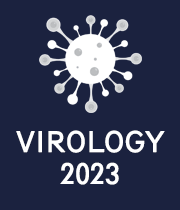Virology 2023 Important Update
This is to inform that Virology 2023 event is now merged with Infection 2023 which will be held on same dates June 21-22, 2023 in Rome, Italy and virtually.
For complete details about the merged event, please visit: https://infectiouscongress.com
For further details, please contact us at infectious@magnusconference.com or call + 1 (702) 988 2320
Vaccines Safety and Efficacy
Vaccines have given a safe and effective technique of avoiding a variety of infectious diseases for over two centuries. Although the safety of some vaccines has been called into doubt in recent years, the vaccines currently available are a million times safer than the diseases they are supposed to prevent. Vaccines, on the other hand, should always be used in tandem with other public health measures. Misinformation freely available electronically and in print can lead the general population to believe that vaccines are harmful and unnecessary. Education is one crucial remedy. Some vaccines are administered intravenously, while others are administered orally or intranasally. Topical and intravaginal vaccinations are being researched. Only a few viral and bacterial illnesses have vaccines accessible at the moment. Safe and effective vaccinations against a variety of different viral and bacterial illnesses, as well as fungal and protozoan diseases, are expected to be developed in the future.
- Novel Methods of Delivery
- Government Regulations
- FDA Approvals

